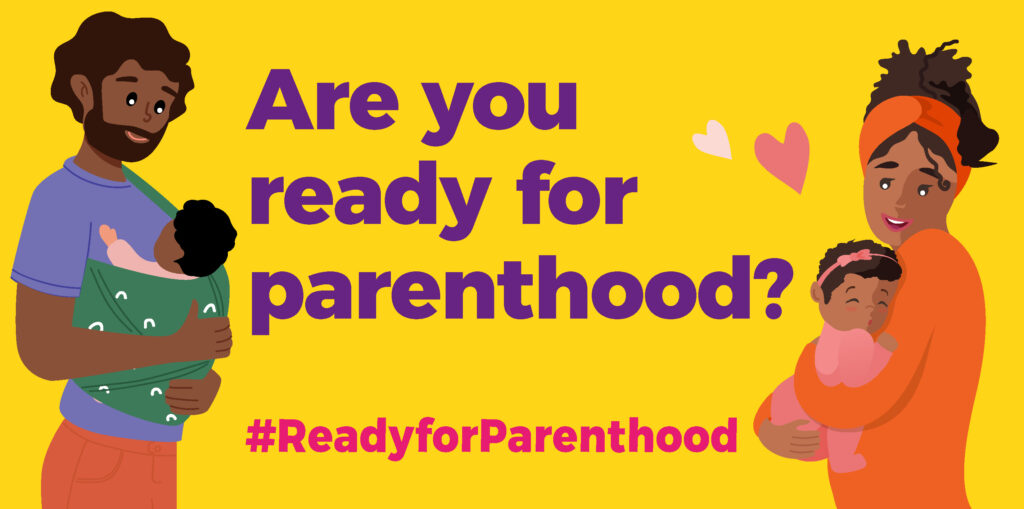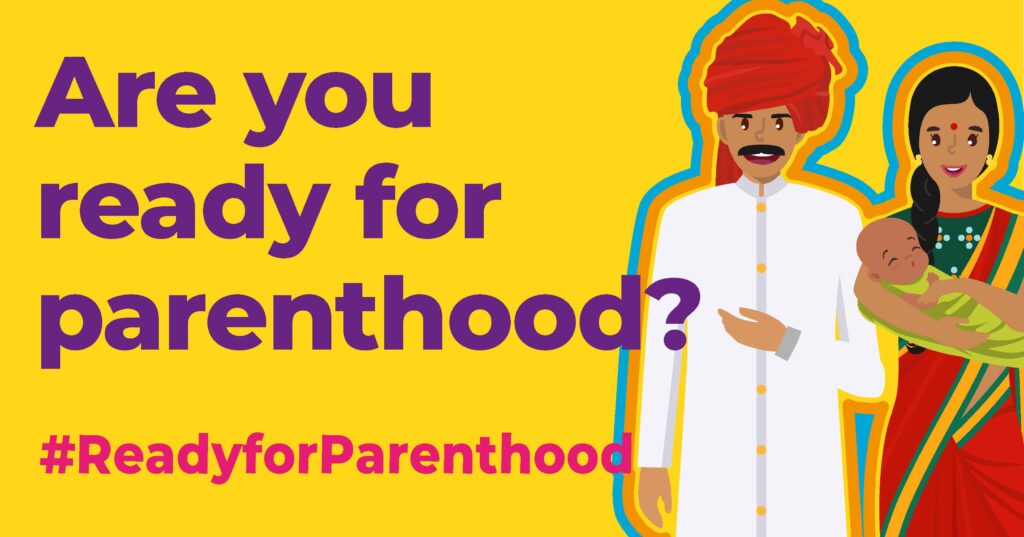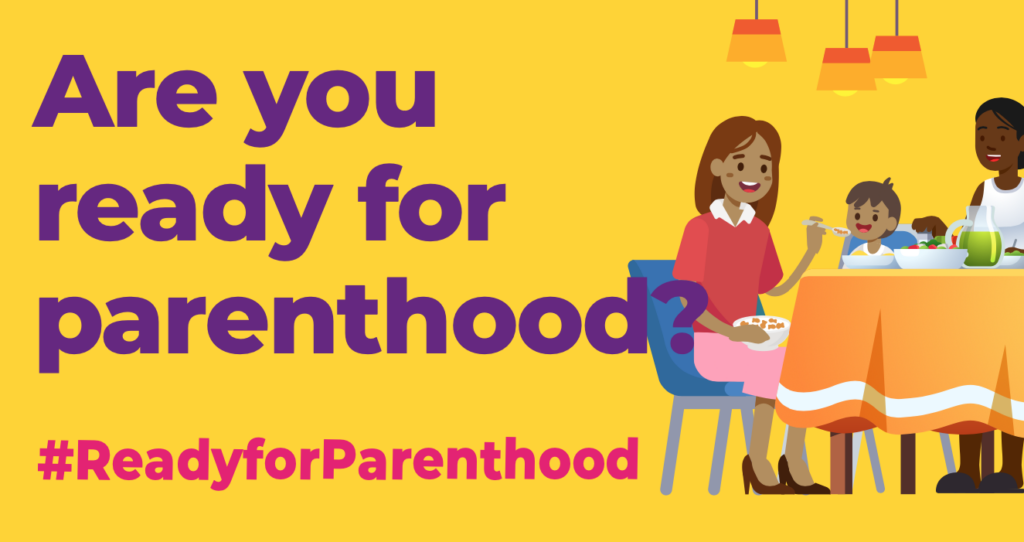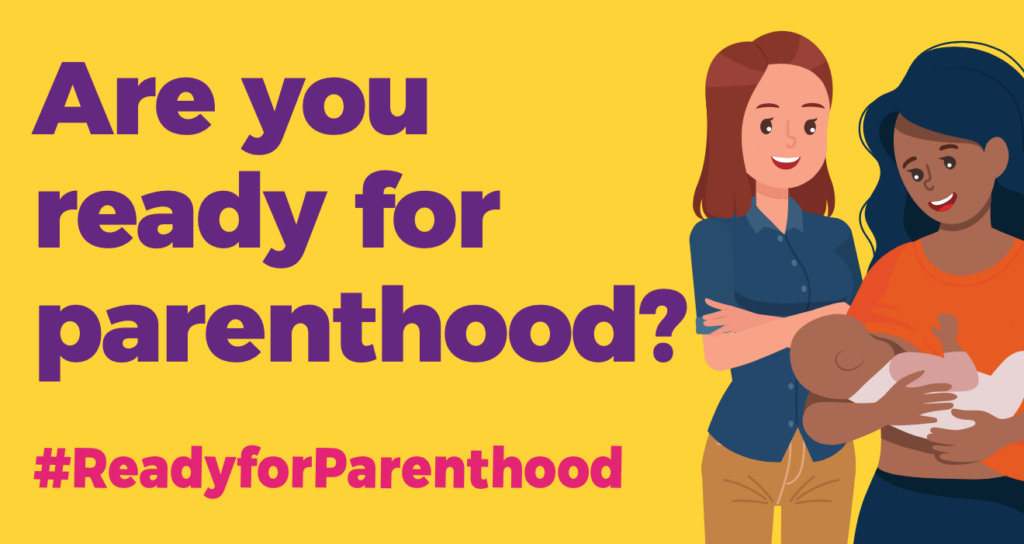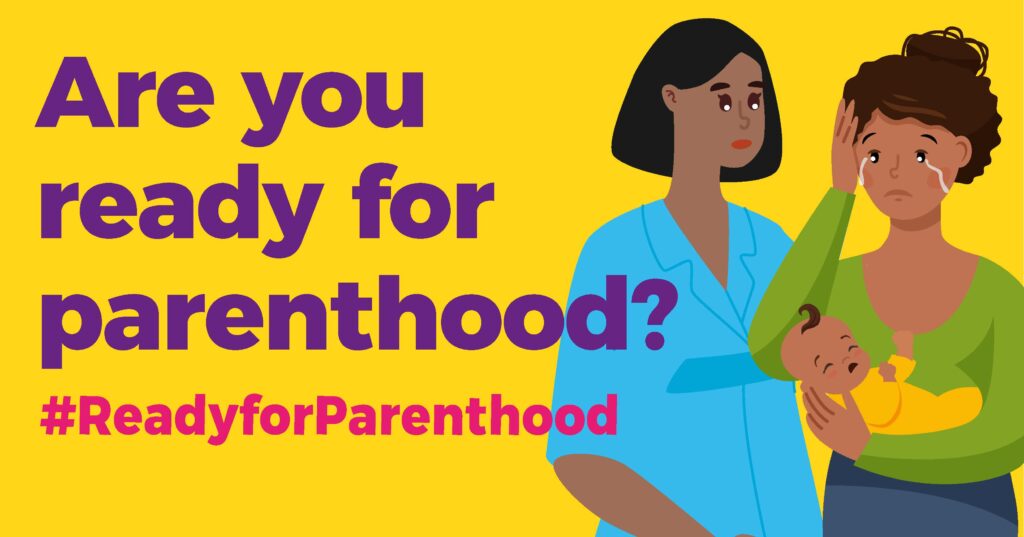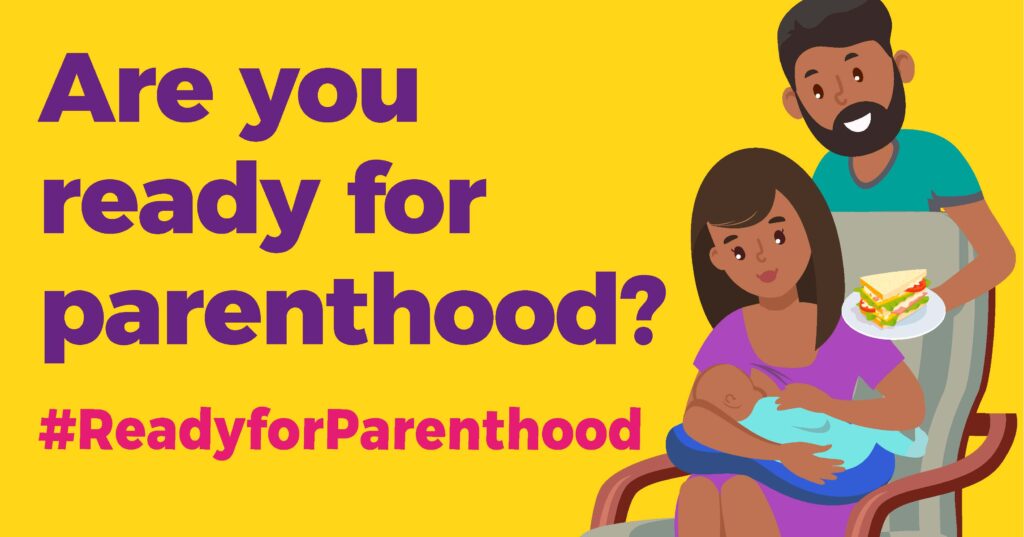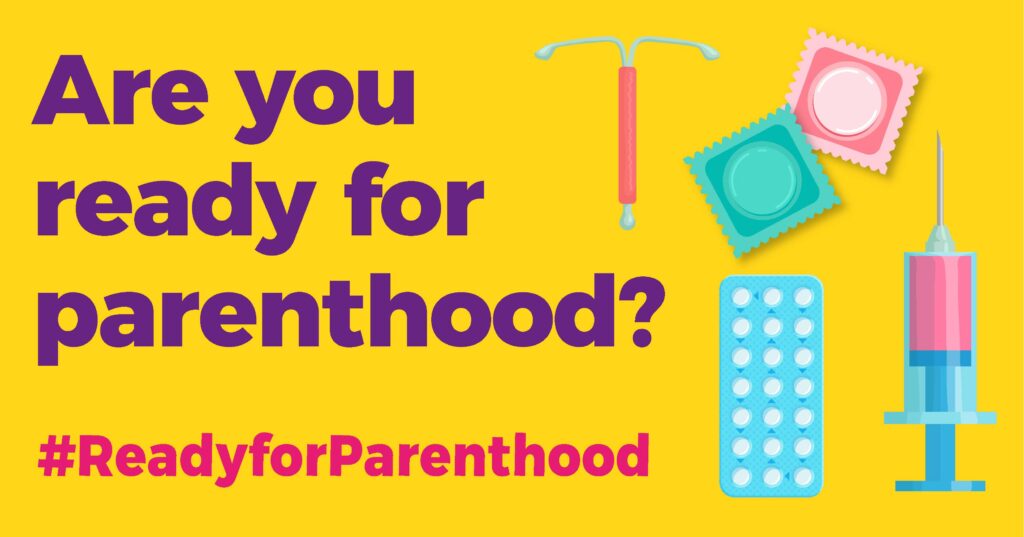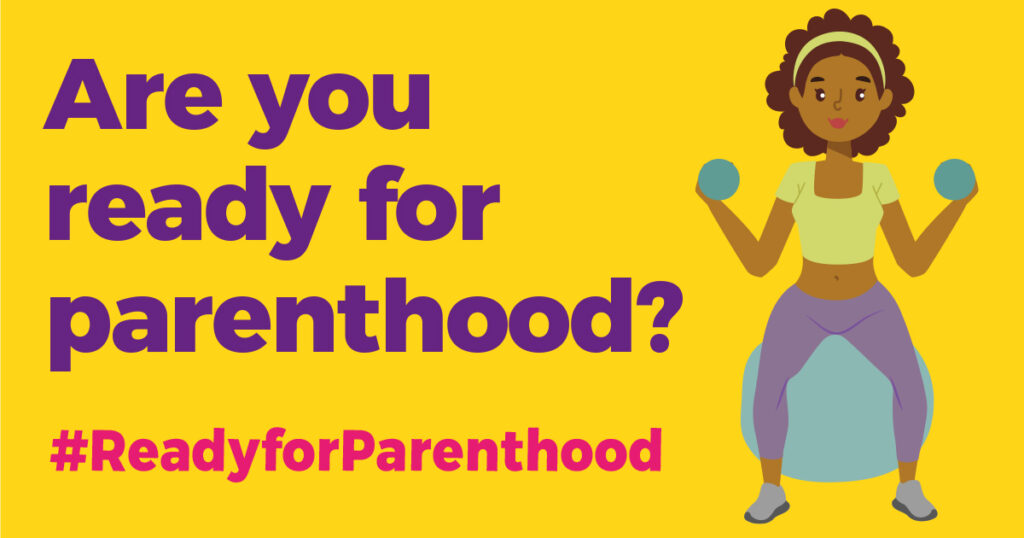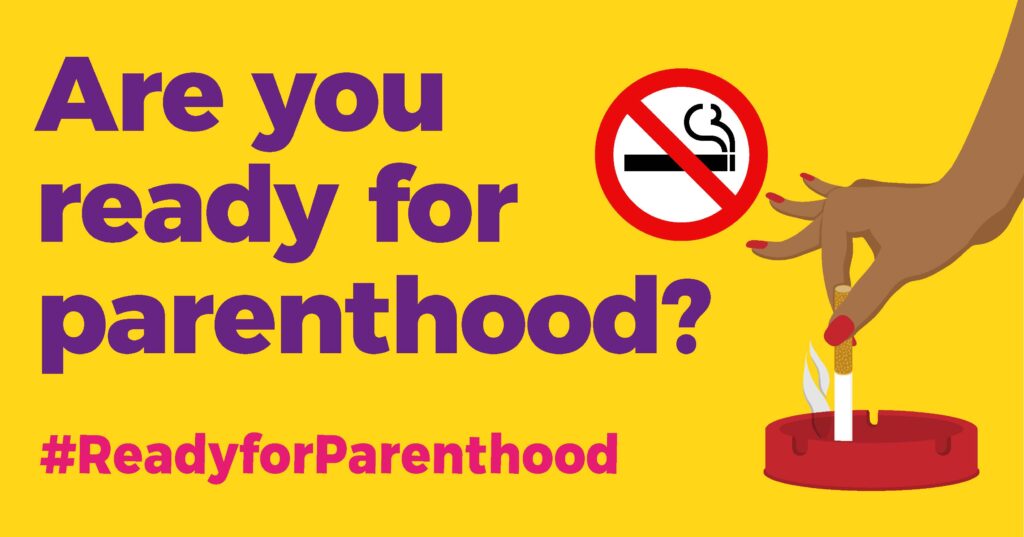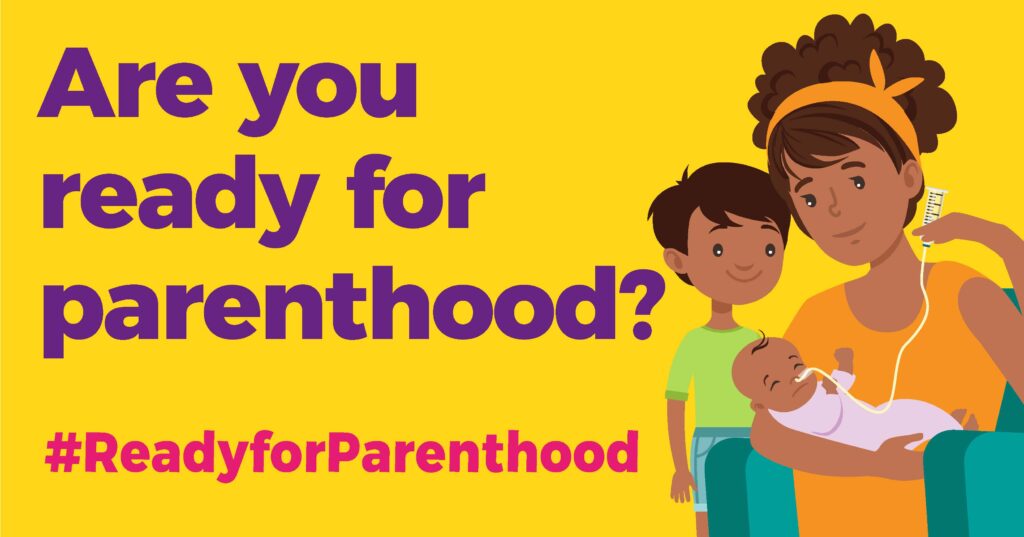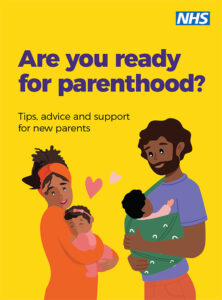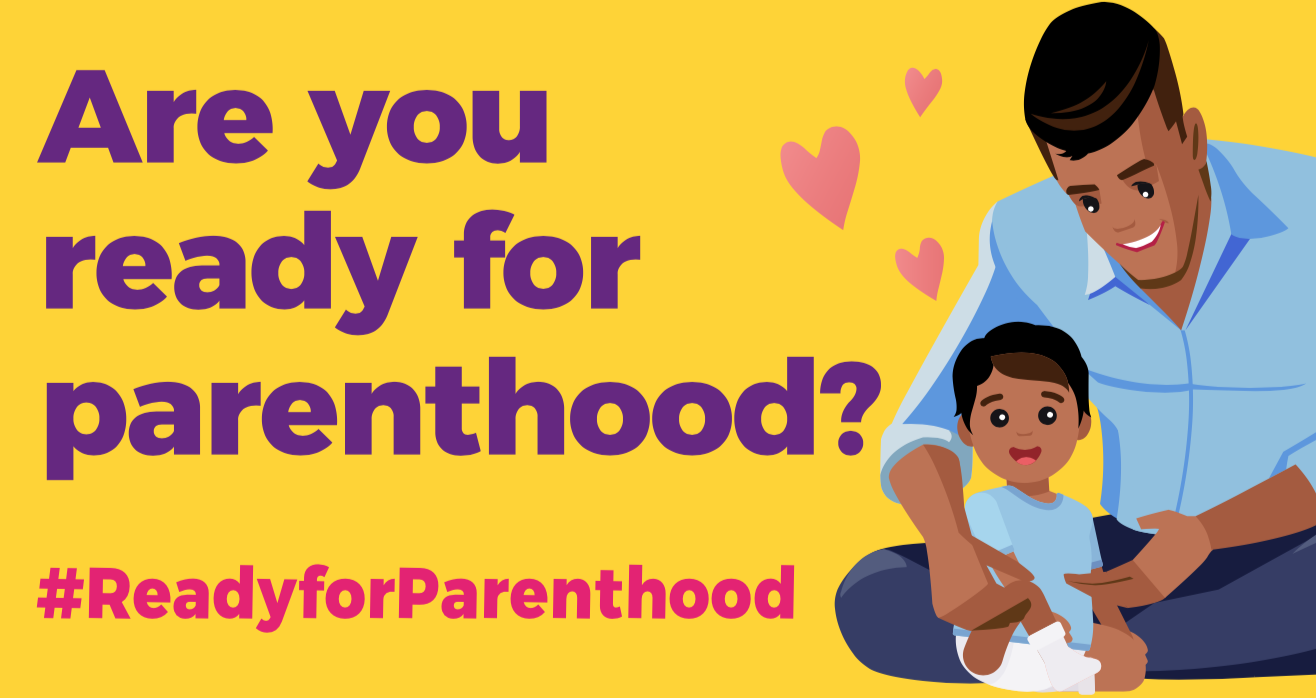
Bonding with your new baby takes time. Your baby can hear from around 24 weeks of pregnancy so you can start talking to them before they are born. When your baby is born, you can start to get to know them by having skin-to-skin contact.
Even if they have to stay in hospital you can spend time bonding with them and be part of their care until they are ready to come home.
Holding your baby, making eye contact, smiling and talking to them when you’re together or out and about helps them to feel secure and connected. You may not feel an immediate bond with your baby, but taking time to get to know them will build your relationship.
If you are feeling that life as a new parent is difficult, you can talk with friends and family, your midwife, the maternal mental health team or your health visitor for support.
Useful links:
- Pregnancy: Tips, advice and ideas – BBC Tiny Happy People
- Five ways to wellbeing in pregnancy – Tommy’s
- My Prem Baby (app to support parents of premature babies) – Tommy’s
- Building a Happy Baby – Unicef
- Babies cry, you can cope – ICON
- Tips for bonding with your premature baby in hospital – BBC Tiny Happy People
- Tips for playing with your baby – Start4Life
- Tips about fatherhood – Dad Blog UK
- An essential guide for new dads – DadPad
- Pregnancy and parenting app – Baby Buddy
- Mental health support – Mind
- Perinatal mental illness peer support – PANDAS Foundation
- Making sense of your baby – Institute of Health Visiting




